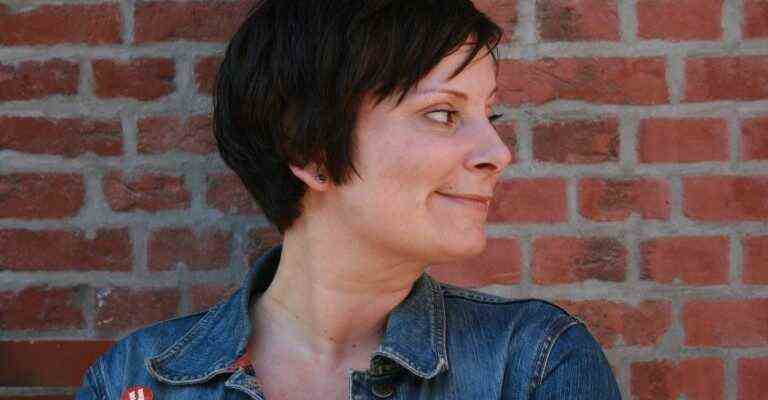Her first book “Martian Girl”, which appeared in 2004, won Tamara Bach the German Youth Literature Prize. Since then she has been one of the most successful German authors of books for young people. On the phone in Berlin, still with a slight hangover, she talks about her work and the James Krüss Prize, which she will be awarded on Thursday.
SZ: Has your writing changed since you became successful?
Tamara Bach: I was lucky that I had already written the second book “Busfahrt mit Kuhn” before my first, “Martian Girl”, was published. Most writers have the misfortune that they then deviate from the original process of writing. In fact, when I went to “Bus Ride with Kuhn” I had to remind myself why I was writing. Fading out all these voices – what the features section said, what the publisher would like, what the teachers say. Otherwise I try to write lyrics for myself, not for my audience, and I managed to do that.
You once said that music is important to you at work. Why?
Music is important to my life. I don’t go out without music in my ears anymore. When I go into the kitchen, the radio turns on. Music helps me to get in a certain mood, which one I choose, but it depends on the lyrics I’m working on. Sometimes I need it quiet, especially when I am correcting.
Political correctness and gender are currently being discussed in youth literature. Does this affect your writing?
Yes of course. Gender is important, political correctness is important. For years I thought I was not political. But I was political. I only realized that now. I share my world with the stories I tell, I have ideas that I represent. I don’t want to dictate anything to anyone. I assumed that all people have a head voice that thinks and comments. I thought all people think alike. And have only learned in the last few years that this is not the case.
Your new book “The Horse is a Dog” differs from your other books because you tell more extensively with imagination and wit.
It describes an exceptional situation in a large residential building in Berlin. The children are not allowed to go out of the house or to school because of the cold winter. Little Luze gets herself a dream dog, which is sometimes a horse when necessary, and her big sister Clara wishes that she can reconcile with her best friend and that her classmate Leander, who is also in the house lives, speaks to her. They sit around for two weeks, time is the only thing they have, that’s what it’s all about.
When did you get the idea for the story?
It started with the first lockdown, when I had a dog here for a week and I had to give it back because it didn’t feel comfortable in the city. One of the kids in this house complained that she hadn’t seen him, and that was how it started.
What do you have in common with James Krüss? Not only that he wrote poetry and radio plays, worked for record companies and was the first author to use the medium of television?
He was ahead of his time. I know Timm Thaler, of course, and I also know that Krüss never wanted to teach that his morality was based on reality, on life. But unfortunately I can’t write poetry, I would love to, but in my verses only house and mouse and heart rhyme with pain.

